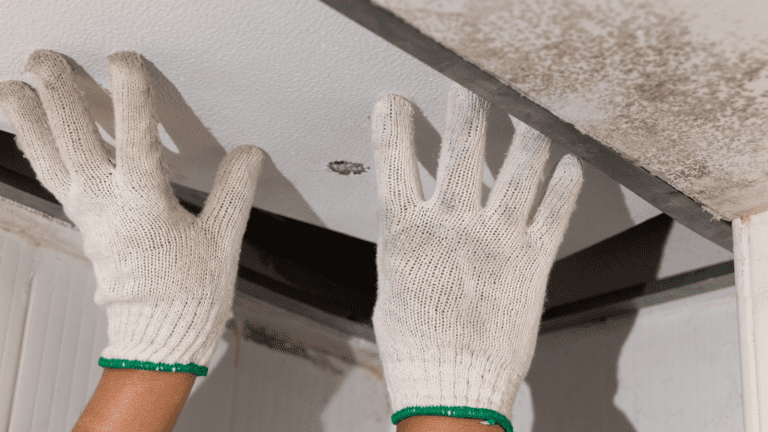How to Manage High Utility Bills in Winter

There are some things that we can all appreciate about winter. It’s quiet. It’s bright when there’s lots of snow on the ground. And it’s usually associated with happy, mainstream holidays. But none of us particularly like the increased utility bill costs associated with winter. Whether you use electricity, natural gas, propane, or some combination of these, it’s probably going to cost more money to heat your home in this cold stretch of the year.
What steps can you take to reduce your utility bills and put the money toward something more productive or entertaining?
Steps to Take in Your House
You can start by adjusting some things around your house and making some simple lifestyle changes.
· Get a fireplace. If you have the budget and room for it, you could purchase a fireplace for your living room. Fireplaces aren’t the most efficient way to heat an entire house, especially if you have a large one, but they’re incredibly effective ways to distribute large amounts of heat in relatively small spaces. If you rely on your fireplace to heat the living room, and you spend most of your time in the living room, you could afford to spend less energy heating the rest of the house. Overall, you and your family are going to feel warmer, but you’ll use fewer resources to do it. Just make sure you take some time to find a reliable, inexpensive source of hardwood (if you have a wood-burning fireplace).
·Invest in space heaters. Similarly, you could invest in space heaters. Space heaters won’t burn wood, but instead we’ll use electricity, natural gas, or propane to heat smaller spaces of your home. This is still going to represent some energy expenditure that you’ll have to pay for, but if you’re only heating one or two rooms of your house at a time, you’ll end up paying far less.
· Identify and seal air leaks. Many people suffer from disproportionately high energy bills because they lose heat through windows, doors, and other hidden leaks. Do what you can to identify these leaks and seal them with caulk, insulation, or plastic sheeting if you have no other option. It makes a big difference in how much energy you use.
· Upgrade your insulation. If your insulation is insufficient, you’ll also lose a disproportionate amount of heat and energy. One cost-effective option for many homeowners is blown-in insulation; it’s relatively cheap and easy to install, and it doesn’t require any massive renovations or demolition. It’s also a good idea to upgrade your windows if they don’t have contemporary insulative capacity.
· Get thicker curtains. Even perfectly sealed, modern windows leak some heat. Accordingly, you can prevent even more heat loss by investing in thicker, better insulating curtains.
· Let in more sunlight. Sunlight continues to provide us warmth, even in the dead of winter, so open those curtains during the day to let in as much sunlight as possible. Close the curtains once the sun goes down or once the window is no longer receiving direct sunlight.
· Install (and utilize) a smart thermostat. Smart thermostats, when used properly, can save the average homeowner about 8 percent on their utility bills annually. That may not seem like much, but for such a small investment, it could be a potentially huge payoff, especially over the course of several years. Use automatic schedules and smart recommendations to refine your heating schedule and get more control over how you heat your home.
Working With Your Utility Companies
Instead of these strategies, or in addition to them, you could consider working with your utility companies directly to manage your higher energy costs.
Depending on where you live, it could be within your power to switch your energy provider. Different energy providers offer different rates and contract terms for their services, so compare these different providers apples to apples to see which deal makes best for you – and make the switch whenever your contract expires. Just be aware that not all offers are as good as they seem, as variable rates could lead to higher costs in the future.
Some utility companies also offer budget planning programs to make your energy bills more consistent throughout the year. If you like the idea of greater consistency, this may be an advantageous move for you.
Failing that, you may be able to negotiate with your utility companies to delay payment or enter a payment program. Offers vary depending on the utility company and where you live.
Some combination of these strategies should be able to help you lower and better manage your utility bills, even in the coldest, deepest doldrums of winter. Utility costs are still going to be a significant part of your budget, but you could save upwards of hundreds of dollars every year.








